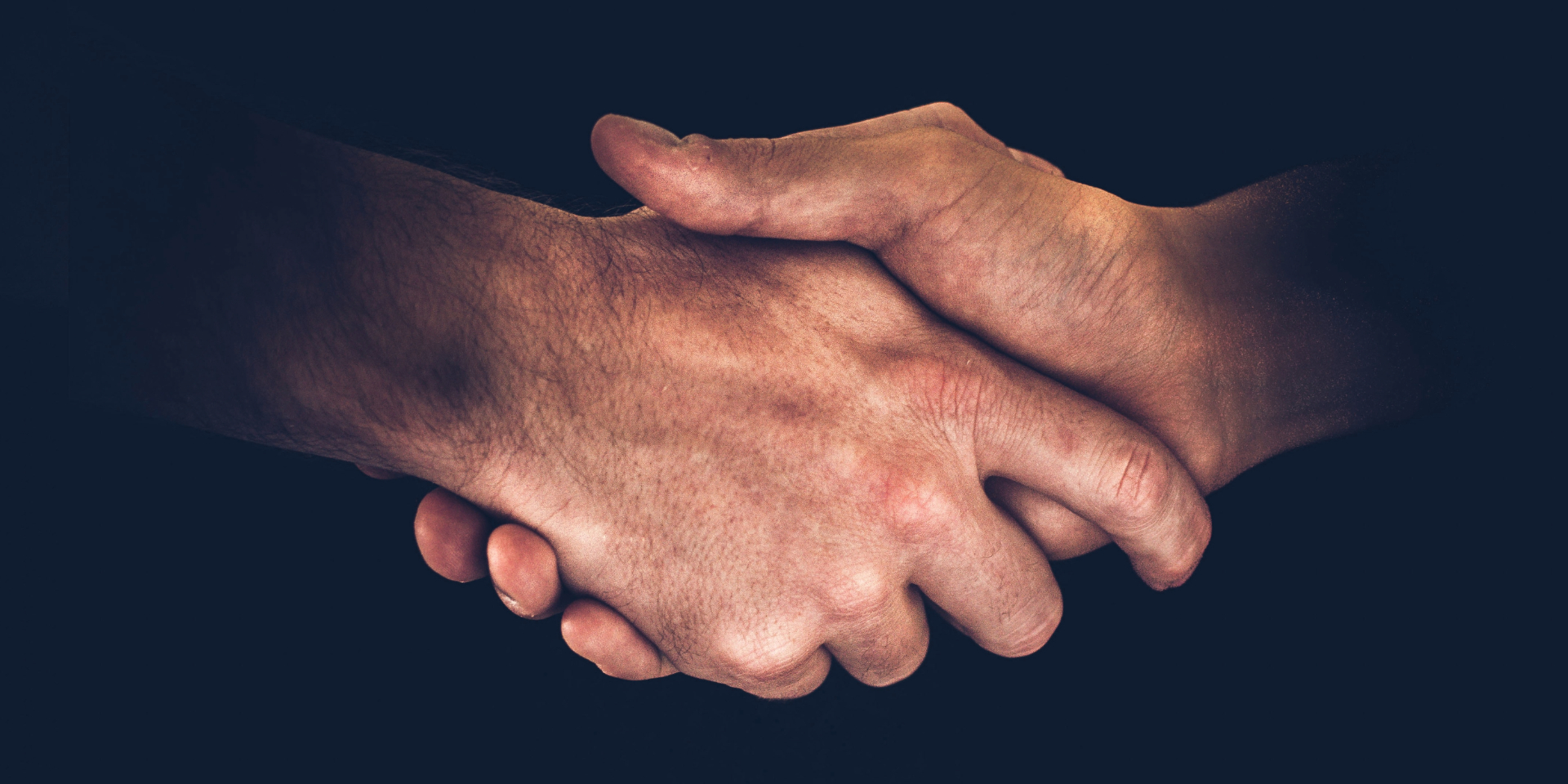How do we recognise violations of dignity and their impact on daily life?
“Dignity” is a powerful word, evoking a fundamental human value. Though intangible, dignity plays a crucial role in everyday life. To understand when our dignity is being violated, we must first grasp its meaning and the rights that protect it. Above all, it is essential to recognise that each person’s dignity is inviolable—safeguarded by both constitutions and the Universal Declaration of Human Rights.
An inherent human value
In ancient times, the right to dignity was often interpreted through a meritocratic lens. Today, however, it is understood in a democratic framework—where all people, not just those with privileges or achievements, have the right to be treated with dignity. From a Christian perspective, human beings are the only creatures on Earth that reflect the image of God (Imago Dei), making them inherently dignified. Philosophical movements emerging after the 17th century also affirmed the absolute value of every human being. Unlike religious perspectives, however, philosophy attributes human dignity to rational autonomy—an innate quality bestowed by nature rather than divinity.
The philosopher Immanuel Kant, for instance, described dignity as an intrinsic value of the human species, belonging to individuals regardless of personal merit or social background. His secular reinterpretation of the Christian concept of dignity has endured, shaping contemporary fields such as law, politics, and ethics, which are built on universal and egalitarian principles.
Dignity in everyday life
In The Art of the Good Life, Rolf Dobelli defines dignity as “a sharply delineated area of my life that encompasses everything not up for negotiation. It contains preferences and principles that need no justification.”[1] Thus, in our daily interactions, dignity reflects the essence of being human—having self-control, staying true to one’s beliefs and values, and treating others with honor, regardless of their background or affiliations. It also serves as a measure of integrity within a community, rooted in honesty, reciprocity, and respect.
Dignity, therefore, is an intrinsic value—something that cannot be compromised. It is closely tied to freedom of thought and conscience, rejecting actions such as deceit, insults, harm, injustice, defamation, neglect, or belittlement as unacceptable.
Dignity within the family
In the realm of family life, dignity is one of the fundamental pillars that sustain harmonious relationships. At its core, dignity is about self-respect and respect for others. Honouring a partner’s dignity, individuality, and ability to make their own choices is essential for love to grow in a balanced, fulfilling, and meaningful way for both individuals.
Unfortunately, marriage can sometimes shift from the safe haven it was intended to be into an environment of uncertainty and distress. The high global divorce rate is a testament to how initial good intentions often fade over time, leaving spouses feeling like strangers who inflict emotional wounds on one another.
One of the most serious violations of dignity within a family is domestic violence, which can take many forms—verbal, psychological, physical, sexual, financial, social, spiritual, or even digital abuse. The common thread among these destructive behaviours is the degrading, humiliating, and restrictive treatment inflicted upon the victim, whom the abusive partner deems unworthy of respect. Over time, victims often become conditioned to accept mistreatment, internalising the belief that they deserve it. This leads to a profound loss of self-worth, causing them to see themselves as undeserving of love, support, and understanding. In such cases, specialised intervention is crucial to help rebuild the victim’s confidence and reaffirm their right to happiness.
There are also other, more subtle ways in which dignity is undermined within a family, affecting relationships between spouses, parents and children, siblings, and extended family members. These include situations where a family member feels unrecognised, undervalued, or silenced—whether it’s a sibling subjected to favouritism, an elderly relative ignored and overlooked, or a teenager treated as a child, with their autonomy and decision-making abilities dismissed.
Dignity in the workplace
The workplace is another environment where power can be abused, often manifesting in aggressive, intimidating, or dismissive behaviour toward subordinates. This can include a range of hostile actions that not only threaten employees’ ability to perform their jobs but also erode the overall work atmosphere. Whether such issues arise in hierarchical or peer-to-peer relationships, the violation of dignity—an insidious form of workplace harassment—has a direct impact on productivity. Employees subjected to such treatment may become demotivated, lose focus, or disengage from striving for excellence.
Beyond professional setbacks, those targeted by workplace harassment frequently suffer from stress-related conditions, including anxiety, depression, diminished self-esteem, self-blame, and insomnia. Many ultimately choose to leave their jobs in an effort to remove the source of their distress. If such behaviours become a normalised part of the workplace culture, organisations themselves also bear the consequences. Abuse affects not only individuals but also the company’s revenue, reputation, and public image.
While discussing these issues may seem risky—particularly when victims fear being ignored or even blamed by those responsible for handling workplace misconduct—silence is not a solution. No matter how challenging, bringing such situations to light is a valid and necessary course of action for those facing mistreatment. Rather than remaining silent, victims who document their experiences, gather solid evidence, and seek legal recourse can play a crucial role in challenging and ultimately dismantling the normalisation of workplace abuse.
Other aspects of dignity
Violations of dignity can also occur at an institutional level, when public or private organisations infringe on fundamental rights—those of patients, people with disabilities, or minority groups. The media is not exempt from this either; in the name of free speech and the relentless pursuit of sensationalism, the portrayal of certain public figures—and even private individuals—often lacks ethical restraint. Instances of disregarding dignity can also be found in everyday interactions, whether in traffic, at a store, or during a routine parent-teacher meeting where differences of opinion escalate beyond the bounds of civility.
Of course, the violation of dignity can also manifest in relation to oneself, often linked to low self-esteem, feelings of guilt, or the denial of one’s own worth. However, we must not forget that the first people whose dignity we must respect are ourselves.
The frequency of incidents involving the violation of dignity—whether more or less severe, more or less visible, or more or less sensitive—and the tendency to overlook them due to the passivity of those directly affected, who choose not to speak openly about their experiences or seek legal recourse where necessary, contribute to the perpetuation of the idea that dignity is something relative and subjective, with flexible boundaries and a high tolerance for frustration.
In reality, though it may seem abstract, complex, or ambiguous, dignity is a universal right—one that must be both demanded and granted. It is the recognition of every individual as unique, valuable, and capable of growth, along with the expectation of being treated accordingly. It extends beyond what is merely stated in official regulations; at its core, it is about valuing life itself and its Creator.



















